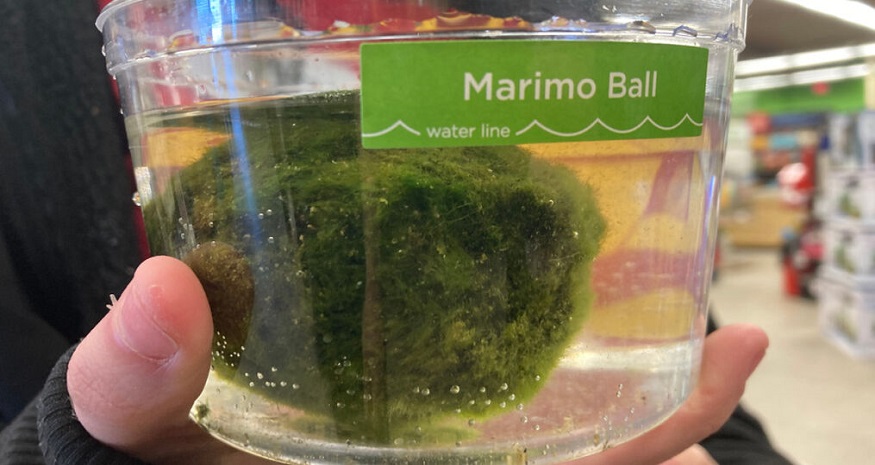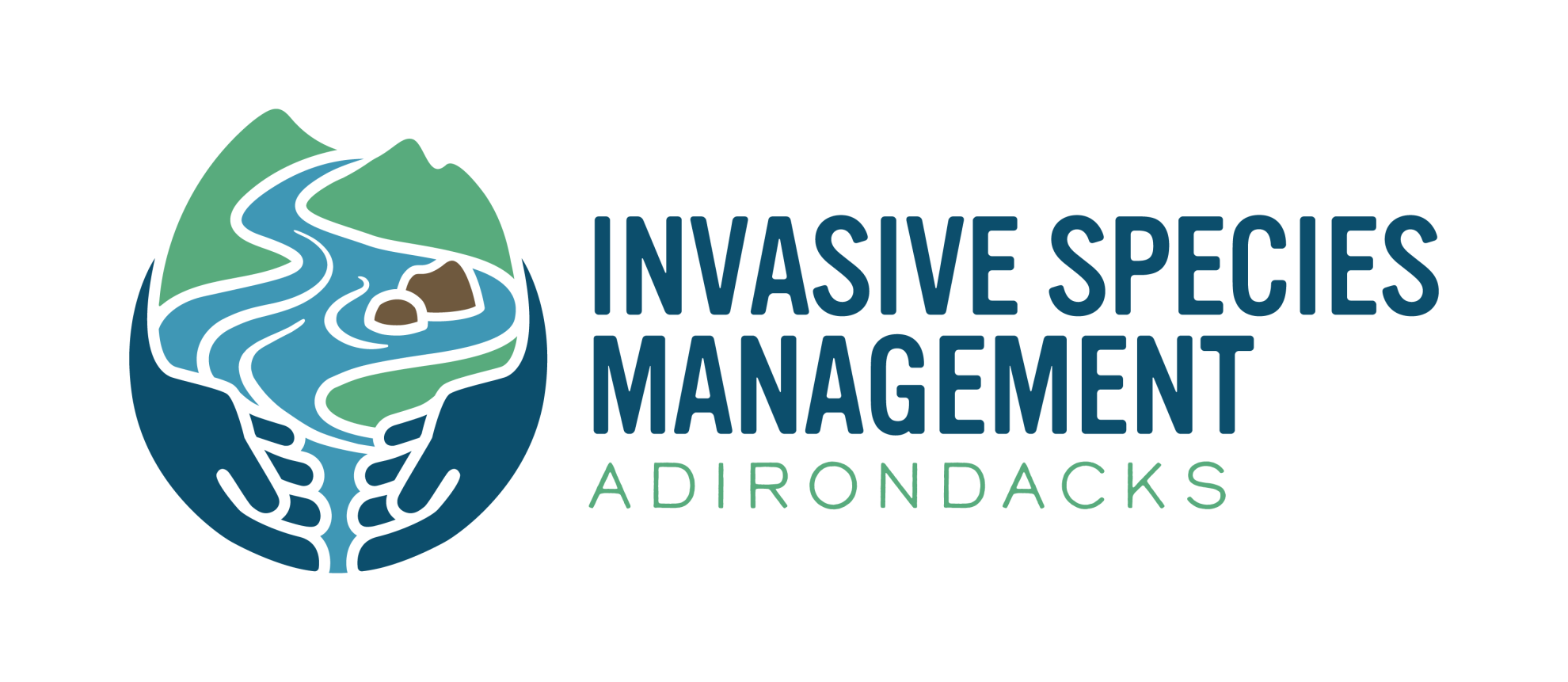DEC Warns Aquarium Owners About Invasive Zebra Mussels Found in "Moss Balls"

DEC Warns Aquarium Owners About Invasive Zebra Mussels Found in "Moss Balls"
DESTROY, DON'T DUMP: Consumers Encouraged to Follow U.S. Fish and Wildlife Service Disposal Directions to Prevent Spread of Harmful Invasive Species Pet Stores Urged to Remove Moss Balls Immediately
The New York State Department of Environmental Conservation (DEC) is urging pet stores, aquarium stores, and home aquarium owners to IMMEDIATELY remove and dispose of decorative "moss balls" after invasive zebra mussels were discovered growing on some these products across the United State, as reported by the U.S. Fish and Wildlife Service. APIPP area pet stores, wholesale suppliers, and home aquaria owners should be aware that infested underwater plants were identified at a Burlington area location. Consumers should be advised that underwater moss purchased from PetSmart and Petco may be subject to a voluntary product recall.
Zebra mussels are a highly invasive species known to cause environmental and economic harm. If released to the wild, zebra mussels can devastate waterbodies by breaking down food chains, shifting ecosystems, and destroying drinking water infrastructure. Clams, mussels, and oysters are in a group of mollusks known as bivalves, referring to their two sets of shells and filter feeding capabilities. Most bi-valves reproduce by releasing hundreds (if not thousands) of microscopic larvae into the water to send the next generation off to grow in new places. Zebra mussel larvae are so small that they are invisible to the naked eye and can be present in fresh water without humans being aware - on our boats, on our plants, or even in our fish tanks! This is why if you are boating in lakes with a known zebra mussel infestation, you must always Clean, Drain, and Dry all gear before entering additional waterbodies.
Consumers are advised to remove and properly dispose of ANY moss balls purchased WITHIN THE PAST YEAR by following these steps:
- Dispose of moss balls removed from tanks in a sealed garbage bag. Other aquarium plants should also be disposed of as they may harbor zebra mussels;
- To disinfect a tank after safely removing any animals, apply household bleach - one cup of bleach per gallon of water - and let it sit for 10 minutes before disposing of water down the sink or toilet;
- Disinfect filters, gravel, and structures with a solution of bleach. Water from filters must also be treated with household bleach before disposing of water down the sink or drain;
- For larger tanks that cannot be easily drained, email isinfo@dec.ny.gov for instructions;
- If zebra mussels are in a tank or on a moss ball, take a photo if possible and report the observation via email isinfo@dec.ny.gov, or by phone, 518-402-9405; and
- Be advised, just because zebra mussels might not be seen does not mean their larvae are not present.
To find more information about DEC's guidelines for aquarium and pet owners, visit DEC's website. For more information regarding moss ball product recalls, visit Petco and PetSmart online.

